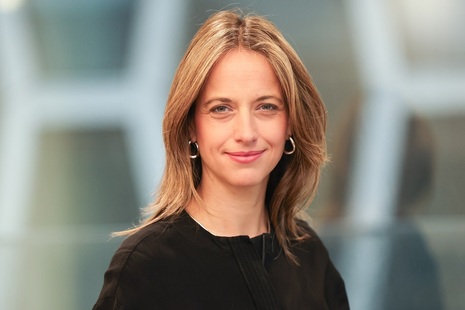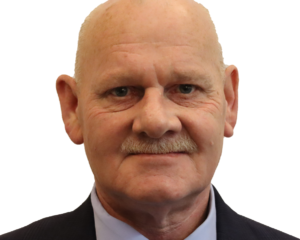Millions of individuals anticipating the responsibility of providing unpaid care for their elderly parents in the future are concerned about their financial capability, according to a report by Age UK. The charity’s survey targeted adults aged 40 to 60 who are contemplating becoming unpaid carers, revealing that 61% of respondents fear financial hardships.
Furthermore, three-quarters of those surveyed expressed apprehension about the stress associated with caring for ageing parents, with 69% indicating difficulties in juggling caregiving responsibilities with childcare and work obligations.
These statistics shed light on the anxieties and obstacles faced by people when undertaking unpaid support, which encompasses various tasks such as shopping assistance, personal care, hospital visits, and household chores.
As life expectancy increases, the rising cost of living and the strain on the health and social care system have shifted the burden of supporting elderly parents onto adult children. Age UK’s research, based on a scaled survey of 2,386 individuals in alignment with national population figures, suggests that 3.3 million people aged 40 to 60 are currently providing care or support for their parents in the UK. Additionally, an estimated 8.3 million individuals are considering assuming this role in the future.
The University of Sheffield’s analysis indicates that the total value of unpaid care in England and Wales has surged by almost one-third since 2011, reaching an estimated £162 billion per year.
Data from the 2021 census reveals that those residing in deprived areas are most likely to find themselves obligated to provide unpaid care. Age UK’s recent poll further indicates that many potential carers feel ill-prepared for this responsibility.
Over a quarter of those contemplating future caregiving roles expressed uncertainty about handling situations such as their parent experiencing a fall, while 35% admitted they would be unsure how to address their parent’s feelings of isolation or loneliness.
Among current carers, 60% revealed that they had not anticipated the extent of the challenges they would face. One respondent, who cares for her mother in her 80s suffering from dementia, admitted the difficulties of balancing her responsibilities with a full-time job. She highlighted the lack of education on caring for ageing parents, stating, “You’re not taught how to look after a parent as they get older.”
Caroline Abrahams, the director of Age UK, emphasised the necessity for increased support for unpaid carers, who frequently encounter a wide array of challenges, including navigating the complex health and care system. In response, the charity has initiated an awareness campaign called “Know What To Do” and operates a helpline that provides guidance on issues such as locating and accessing social care.






